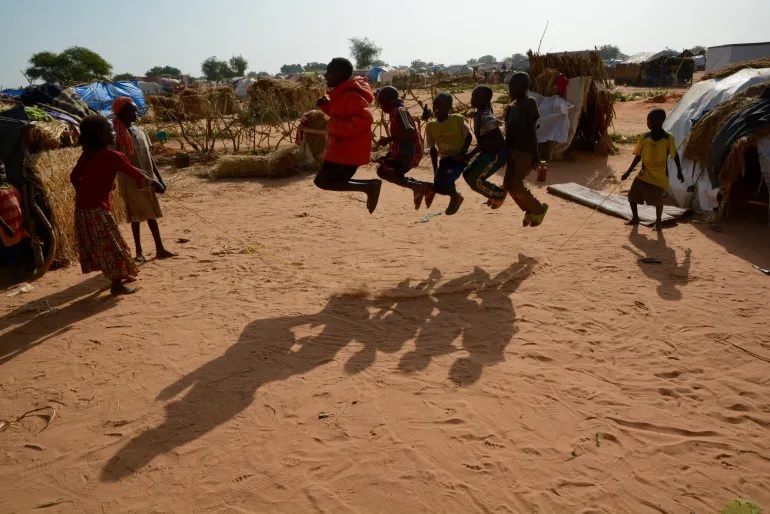
Refugees face dangers and uncertainty in search for a better life - A rough road from Sudan to France
Muntasir, a Sudanese refugee, first attempted to reach Europe in mid-2021 while living in Nyala, South Darfur. Despite having a university degree, he couldn’t find stable employment and took up welding. Darfur’s 20-year conflict left many in dire circumstances, dependent on dwindling humanitarian aid.
Seeking a better future, Muntasir traveled to Benghazi, Libya, where he worked in construction for six months, saving up 3,000 Libyan dinars ($630) to pay for a smuggler's boat. Realizing the risks, he escaped, unsure of the fate of others in his group. Later, he learned of legal resettlement through the UNHCR but lacked funds to travel to his appointment in Tripoli, eventually returning to Sudan in February 2023.
In April 2023, conflict erupted in Sudan. Amid shelling and violence, Muntasir and his family fled Nyala, seeking refuge in schools. After a near bomb strike and severe food shortages, they left the region in August 2023. Muntasir sold his phone to afford transport to Chad, where he now waits for UNHCR resettlement, facing slow registration processes and uncertainty.
Sudanese refugees like Muntasir have limited legal pathways to Europe. In 2023, only 1,100 were resettled from Libya out of 60,000 registered with the UNHCR. Dangerous, illegal routes remain the most common way for refugees to escape, though these are often life-threatening. In February 2024, a boat carrying 42 Sudanese refugees sank off Tunisia, leaving only two survivors. Most of the passengers would have qualified for asylum had they reached Europe.
Some European countries, like France, Belgium, and the UK, have granted temporary protection to asylum seekers from Sudan due to the violence in regions like Darfur. However, efforts to prevent illegal crossings continue, with European support enabling the Libyan Coast Guard to intercept thousands of refugees annually since 2017.
Sudanese refugees face additional struggles upon reaching northern France. Issa, another refugee, attempted to cross into the UK by hiding in a lorry but was caught and returned to Calais. Many Sudanese refugees lack the funds for sea crossings, pushing them to take risky alternatives.
While international efforts to manage migration routes continue, Sudanese refugees remain in limbo, facing limited options and prolonged waits for safety.
Names have been changed to protect individuals’ anonymity.







